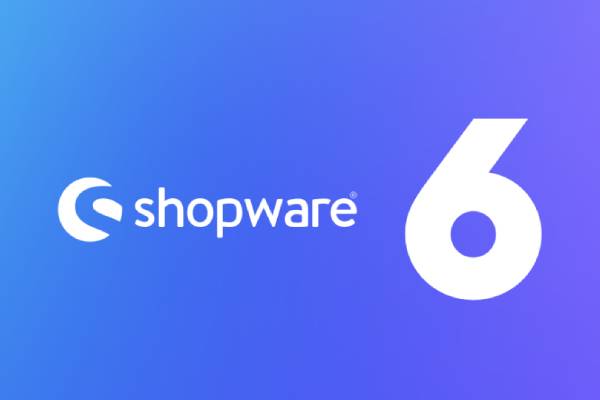
Choosing the Right Platform for Your Mobile App iOS vs. Android
In today’s mobile-driven world, developing a successful app involves making critical decisions right from the start. One of the most fundamental choices app developers face is selecting the platform on which to launch their app. With iOS and Android dominating the market, the decision between the two can significantly impact the success and reach of your mobile app. In this guide, we’ll explore the key factors to consider when choosing between iOS and Android platforms for your mobile app development project.
Understanding the Market Share
Before diving into the specifics, it’s essential to understand the market share of each platform. iOS, the operating system developed by Apple, powers devices such as the iPhone and iPad. On the other hand, Android, developed by Google, runs on a wide range of devices from various manufacturers, including Samsung, Huawei, and Google’s Pixel phones. While iOS holds a significant share in markets like the US and Europe, Android dominates globally, particularly in regions like Asia and Africa.
Demographic Considerations
One of the critical factors in platform selection is your target audience. Consider the demographics of iOS and Android users. iOS users tend to have higher income levels and are more likely to spend money on apps and in-app purchases. They also tend to be more engaged and willing to pay for premium features. On the other hand, Android users are more diverse in terms of income levels and are often found in emerging markets. Understanding your target audience’s preferences and behavior can help inform your platform decision.
Development Environment
Another factor to consider is the development environment and tools provided by each platform. iOS app development is primarily done using Apple’s proprietary programming language, Swift, and Xcode IDE. Apple offers a tightly controlled ecosystem with strict guidelines and quality standards, resulting in a more consistent user experience but also more stringent app review processes. On the other hand, Android development is typically done using Java or Kotlin programming languages and Android Studio IDE. The Android platform offers more flexibility and openness, allowing for greater customization and innovation but also leading to device fragmentation and compatibility challenges.Choosing the Right Platform for Your Mobile App iOS vs. Android
Revenue Opportunities
Monetization is a crucial consideration for app developers. While both platforms offer opportunities for monetization through app sales, in-app purchases, subscriptions, and advertising, there are differences in revenue potential. iOS users generally spend more on apps and in-app purchases compared to Android users. Additionally, iOS users are more likely to subscribe to premium services and are less tolerant of ads, making iOS a preferred platform for developers seeking higher revenue per user.
Market Fragmentation and Device Compatibility
One of the challenges of Android app development is the fragmentation of the platform. Unlike iOS, which has a limited number of device models and screen sizes, Android runs on a vast array of devices with varying screen sizes, resolutions, and hardware capabilities. This fragmentation can make testing and optimizing apps for different devices more challenging. However, it also offers the opportunity to reach a broader audience and cater to diverse user preferences.Choosing the Right Platform for Your Mobile App iOS vs. Android
Conclusion
Ultimately, the choice between iOS and Android for your mobile app development project depends on various factors, including your target audience, revenue goals, development resources, and market dynamics. While iOS offers a more affluent user base and a streamlined development environment, Android provides greater market reach and customization options. By carefully evaluating these factors and understanding your app’s unique requirements, you can make an informed decision that maximizes the success and impact of your mobile app.
Related Blog: Innovations in Quality Assurance by 4thPointer











